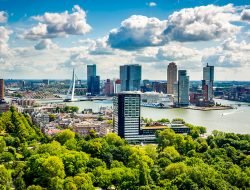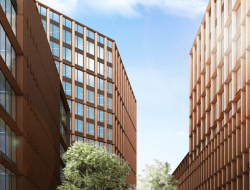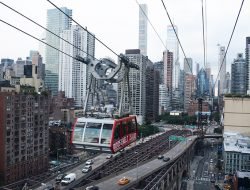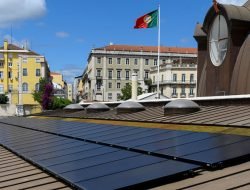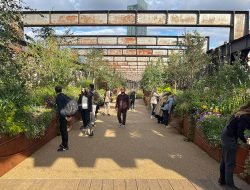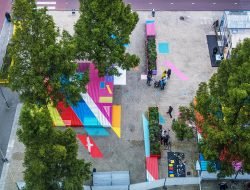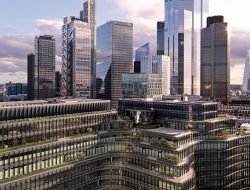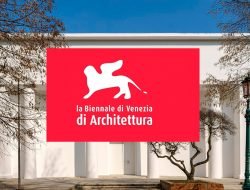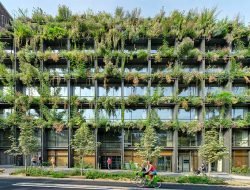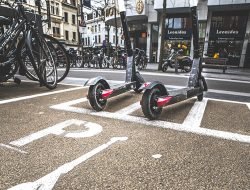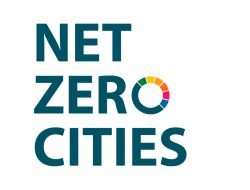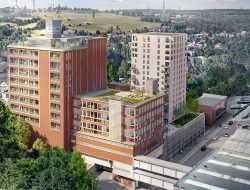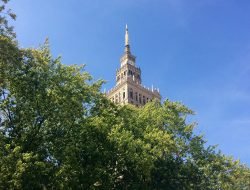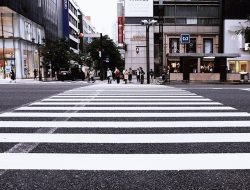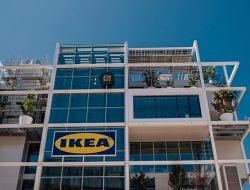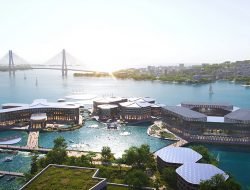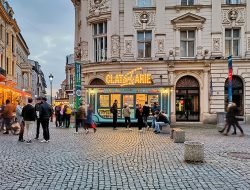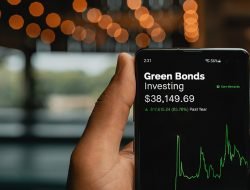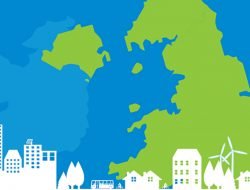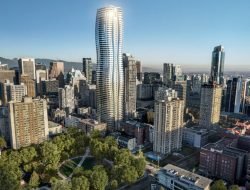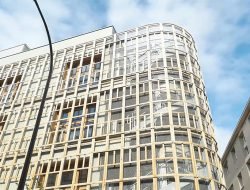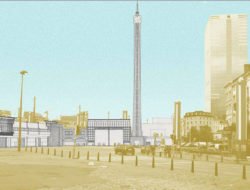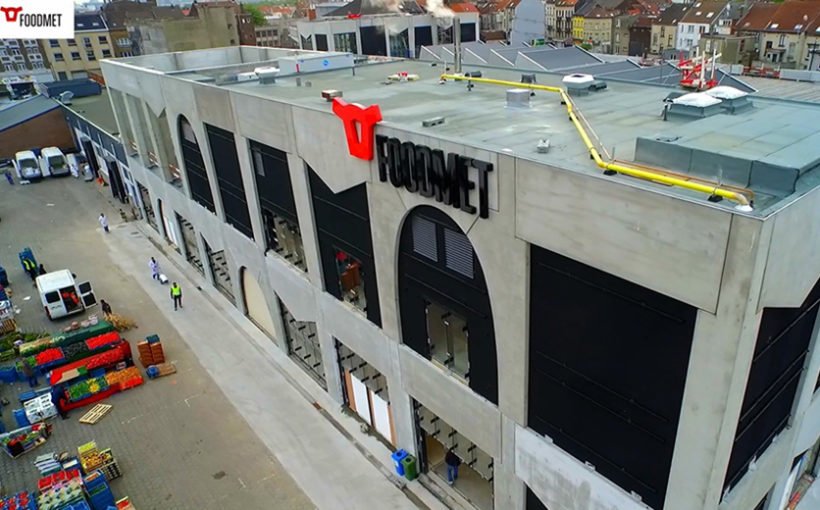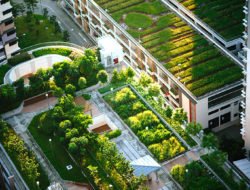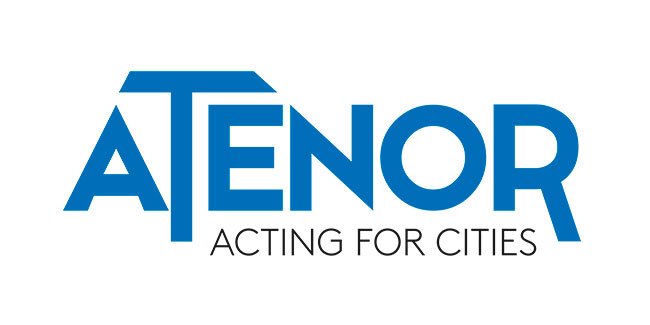Agriculture becomes high-tech, but also urban. While urban farms experiment with organic and pesticide-free farming in car parks, tunnels and containers, Brussels has just opened its first aquaponics farm on the roof of Foodmet, the new food hall of the Abattoir site in Anderlecht. A premiere, which could quickly spread to other municipalities.
On one side, 2,000 m2 of greenhouses have been integrated into the building. On the other side, a vegetable garden, a restaurant and a terrace that extend over the same area. The objective: to combine fish farming and the production of fruits, vegetables and herbs (30 to 40 tonnes a year). Locally, in a closed circuit, without chemicals or pesticides.
Behind the project: the Brussels start-up BIGH (Building Integrated GreenHouses), who has the mission to optimise urban buildings and their real estate value while making the city sustainably productive. “Aquaponics combines fish farming and hydroponics to produce fish, fruit, vegetables and herbs. The excrements of the fish are used as fertiliser“, explains Steven Beckers, a specialist in the circular economy, who was involved right from the start of the project. And to complete this virtuous circle, the installation also uses rainwater, solar energy and heat loss of the buildings.
“This technology allows agriculture to be free from the constraint of fertile soil and, therefore, to leave the countryside,” explains the entrepreneur, recalling that fruits and vegetables travel an average of 1,500 kilometres. “To us, it is key to stay local, transparent, and traceable; all products are sold in a short circuit, either to wholesalers or directly to customers of the market. We have also entered into contracts with the major supermarkets and restaurants in the Region to sell our “made in Brussels’ fish”, says Steven Beckers.
Pikeperch and bass “made in Brussels”
The start-up has raised €4.3 million from private and public investors to open its urban farm. In the future, BIGH plans to open other aquaponic farms in Uccle, Auderghem, Woluwe, Ganshoren and Molenbeek, and to build a network of farms in the heart of major European cities. “In 2013, a study identified nearly 6 million m2 of space that could be used for urban agriculture in Brussels. Concretely, we could build 20 similar farms, mainly on roofs and car parks, says Steven Beckers. Can you imagine the environmental impact if every Brussels municipality could produce strawberries and fish locally?“
Tags: Anderlecht, aquaponics farm, BIGH, Foodmet, urban agriculture



